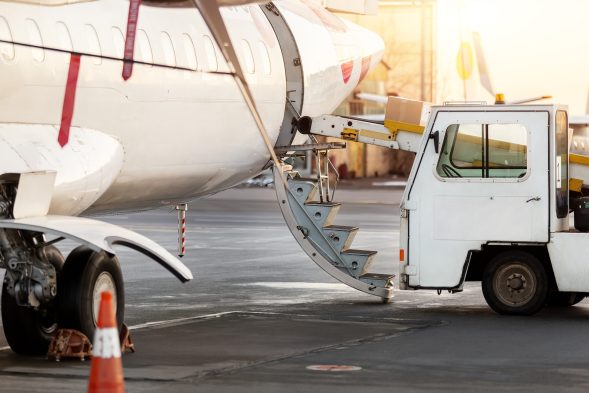The Airforwarders Association is Taking a Leading Role
Freight is piling up. Back in February 2022, the COVID-19 omicron variant was sidelining employees in all sectors. Air cargo shippers were no exception, and the bottlenecks produced a downstream effect that is still being felt today.
While the freight pile-up has eased just slightly, the same cannot be said for Shanghai. With one of the largest manufacturing centers in all of China, the country’s “zero-COVID” strategy has resulted in lockdowns that are impacting the entire export (and import) sectors. A mind-boggling 9 out of 10 trucks are sidelined and up to 50% of air traffic has been diverted. While this has yet to be fully felt Stateside, a tsunami of deferred cargo is coming and the impact could be quite severe.
All of this has pushed industry players into intense preparation and strategy phases. One such association is the Airforwarders Association (AfA). Known within the industry as the travel agents for freight shipments, AfA represents 200 + member companies that move cargo throughout the supply chain. Members are as small as family businesses with 20 or fewer employees to 1,000 + companies. AfA is rightly concerned about the present state of affairs and with the objective of minimizing the pending impact, members of AfA’s Airport Congestion Committee (ACC) have agreed to work on five critical issues:
- Technology and Automation
- Service Standards
- Airport Facilities and Infrastructure
- Staffing and Hours of Operation
- Regulatory and Paperwork Challenges
The above five were identified via a comprehensive survey of airport cargo stakeholders. The AfA collaborated with the National Customs Brokers and Forwarders Association of America (NCBFAA) and the Airports Council International-North America (ACI-NA) on the survey. The ultimate deliverable is a Recommendation Paper highlighting the congestion challenges as well as proposed solutions.
The survey generated hundreds of responses and Donna Mullins, Vice President of AfA member Kale Info Solutions, and Chair of the ACC is optimistic that said paper will be put to use. ACC additionally intends to present its potential solutions to members of Congress as well as the Secretary of Transportation. They’ve received strong buy-in across the supply chain, including but not limited to forwarders, ground handlers, trucking and tech companies, airlines, and airports.
If the slow-moving tsunami is indeed upon us, a coordinated response is going to be critical. The ACC’s next steps and deliverables are said to be decided at the end of May.





Leave a Reply